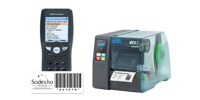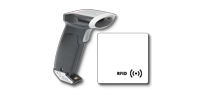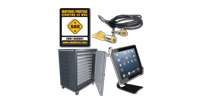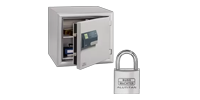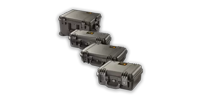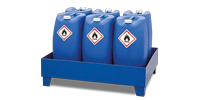There are different types of carrying cases, all of them corresponding to a specific need. For example, you can find waterproof, secure, wheeled or long gun cases.
Almost all long gun cases have certifications that prove their efficiency.
Why long gun cases?
First of all, one might ask why a long gun case is needed.
Carrying cases are very popular with organisations that have many weapons, expensive weapons or organisations that often move these delicate items.
The cases are all customisable and available in a variety of sizes, so they can be used for a wide range of long guns; rifles, shotguns, pistols, but also airsoft replicas for example.
The cases are available with or without wheels, but are always guaranteed to be featherweight to help with handling.
The foam interior of the cases can be fitted with standard foam pre-cut into small cubes. You also have the possibility to customize the foam for specific layouts according to your needs. In this way, you can store all your hunting or military accessories. The cases allow you to store not only your weapons, but also your ammunition, cartridges, barrels, scopes....
Customise the exterior of your cases with industrial marking. This option allows you to print your logo, tagline or tracking number directly on the plastic of the case.
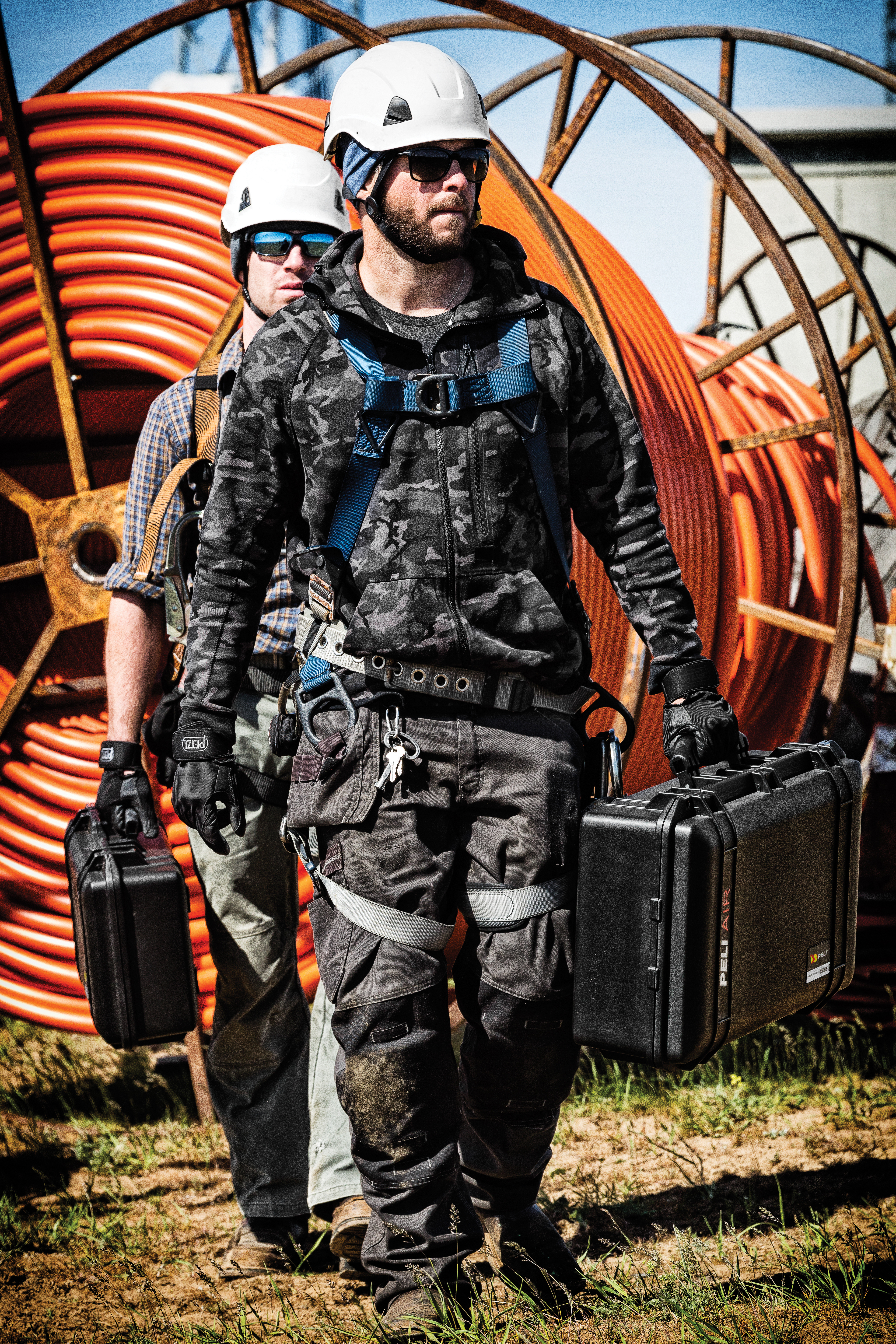 A safe weapon in your cases, whatever the circumstances
A safe weapon in your cases, whatever the circumstances
The gun cases are resistant, waterproof, unbreakable and waterproof.
The IP67 protection rating allows your cases to effectively protect their contents, regardless of the environment in which they travel.
Consequently, your weapons will remain fully protected from shocks, dust, water, but also from very high or very low temperatures.
Finally, the gun cases promise enhanced security, as all cases have 4 clip closures integrated into the hard outer shell.
However, you can also add a padlock or plastic or lead seals to the integrated stainless steel rings. An additional security option is to attach a PC anti-theft cable to your case, which will secure your case to any fixed object.
With the carrying cases, travel in any environment without fear for your weapons.
The different certifications that exist
Long gun cases must comply with certain certifications to be approved.
The most common and important certifications on the market are the following:
Firstly, the DEF STAN 81-41 or STANAG 4280 certifications. These standards are the result of agreements between NATO countries on packaging and various standard methods of preservation, which will protect goods against deterioration, physical and mechanical damage.
These standards ensure that goods remain in good working order from the time of purchase until use, despite extended periods of storage and/or multiple shipments.
Secondly, a recurring certification is MIL-STD-810 which is a US military standard and subjects the cases to harsh environmental and climatic conditions that recreate real field environments. There are several test methods.
The secure cases provide maximum protection for your sensitive military equipment. These products are ideal for rifles, semi-automatic rifles, medical instruments, deployment kits, platoon kits or anything that needs to be protected in hostile terrain.
Finally the ATA 300 certification (Air Transportation Association) which is a specification specific to air transport for "spare" parts. There are 3 categories depending on the type of packaging and the number of rotations. This standard specifies the requirements for the packaging and shipping of sensitive devices specific to the airline industry. It provides packaging and testing guidelines for repairable and consumable units and components.
These three certifications are the most important ones to have for military use or other use where legislation is essential.
What tests are carried out for each certification
To obtain these certifications, the cases are subjected to a battery of tests. These tests, which can be lengthy and cumbersome, ensure that the cases are compliant.
To obtain STANAG 4280 and DEF STAN 81-41 certification, the cases undergo extremely complex tests concerning vibration, low temperature and dry heat as well as impact.
The main tests performed are:
- A test at 25ºC, 2 hours of vibration at an amplitude of ± 0.23" (± 6 mm) peak (0.46" DA) from 5 to 9 Hz and ± 2 g peak from 9 to 350 Hz and a sweep speed of 0.75±0.25 octave.
- A drop in temperature to -20±2ºC for 16±5 hours, then return to a temperature of 20±10ºC.
- An increase in temperature from 25±10ºC to 55±2ºC, humidity not exceeding 75% and maintain conditions for 48±1 hours. Return to a temperature of 20±10ºC.
- As well as a test at 25±10ºC during which the case is dropped from a height of 1000±5mm, the impact occurs on all corners of the case
Also for the US Army certification, MIL C-4150J, the cases undergo stacking, drop, immersion and humidity tests.
These tests are particularly important:
- Each case is loaded from 9 to 29 kg and the test consists of determining the minimum resistance weight according to the Weight and Drop table. This allows the weight values to be tested.
- The cases are immersed in a tank for one hour, at a temperature lower than that at which it was closed outside the tank. This test ensures that the case is watertight.
- To measure reusability, each case is opened and closed five times after the leak. Each case is visually inspected for damage.
- For impact and drop testing, a case is placed in a room at +60ºC, removed and filled. Each surface is then subjected to impacts on an inclined plane. The same procedure is repeated in the room with decreasing temperature down to -20 ºC. Each case is immersed in a tank for one hour at a temperature lower than that at which it was sealed out of the tank. The procedure is identical to that of the impact test, but with each filled case dropped from different heights and in different orientations. Each case is dropped from all angles. The drops ensure that the impact occurs at all angles of the case.
Finally, for the ATA 300 standard, the tests measure the impact and drop resistance.
For this, the case is hit by a metal bar weighing 6kg dropped from a height of 50cm onto the case.
For the impact test, the case is dropped on each corner, face and edge at a height of 76cm, without and then with a weight of 18 to 23kg.
These certifications reinforce the reliability of long gun cases.

